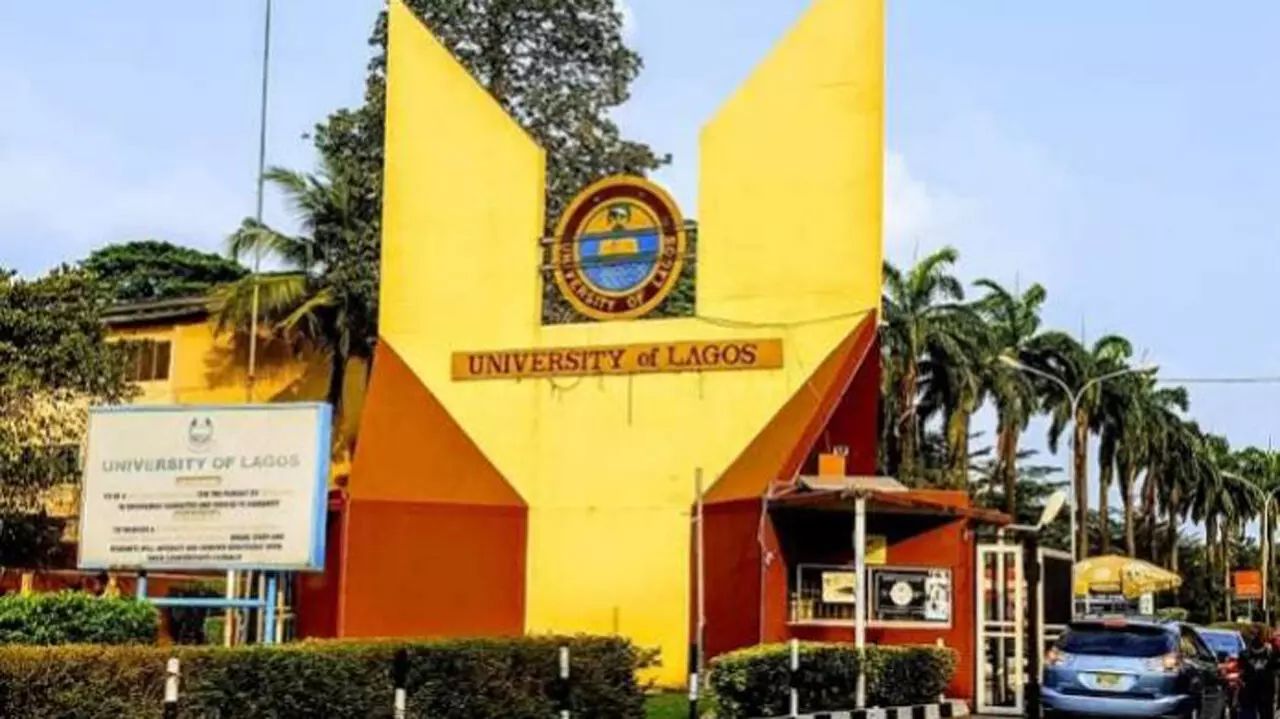- Home
- /
- Defence/Security
- /
- UNILAG Will no Longer...

The University of Lagos (UNILAG) will no longer grant access to heavily-tinted vehicles as it gets set to bring back students to campus. The Deputy Vice-Chancellor Research and Academics, Prof. Oluwole Familoni, said on Friday that the decision was informed by rising security challenges, especially attacks in institutions of learning. He spoke at a news […]

The University of Lagos (UNILAG) will no longer grant access to heavily-tinted vehicles as it gets set to bring back students to campus.
The Deputy Vice-Chancellor Research and Academics, Prof. Oluwole Familoni, said on Friday that the decision was informed by rising security challenges, especially attacks in institutions of learning.
He spoke at a news conference to announce UNILAG’S resumption for the second semester of the 2019/2020 academic session.
“We are aware of the disturbing security situation in the country especially as it concerns institutions of higher learning.
“We are being proactive by taking some necessary steps to protect our students.
“We are in collaboration with some security agencies around our students for increased presence on campus.
“We also have our own intelligence that is unknown to anyone,” the official said.
He added that UNILAG had asked for more security vehicles and motorised security that would be going round the campus.
“We have made everywhere well lit and have provided CCTV mechanisms.
“But having said this, I want to state that our students must help themselves by being security conscious at all times,” he said.
According to him, UNILAG’s second semester of the 2019/2020 academic session will start on May 9.
He said that only students who would meet laid down conditions will be allowed into halls of residence.
The deputy vice-chancellor, who also gave a report of UNILAG’s 2019/2020 first semester online teaching and examination, said that such students must have officially allocated and paid bed spaces registered in the halls for the session.
Familoni said that the measures were aimed at avoiding overcrowding to curb COVID-19 spread.
He said that the university was mindful of the safety protocols put in place by the Federal Government to fight the pandemic.
“ Students must also present proof of allocation such as Hall Pass or Confirmation Slip for the 2019/2020 Session, as well as submit a signed copy of the indemnity form.
“They are to also present a bottle of sanitiser (minimum of 500ml), present at least 20 facemasks, wear the facemasks into and out of hostels at all times, and conform to all other the COVID-19 protocols.
“They must not be caught promoting overcrowding in rooms beyond their carrying capacity.
“In order words, squatters and floaters are no longer tolerated.
“Students are allowed to bring and register with hall staff, personal mattresses, lockers and table/wall fans that meet hall specifications.
“Students who meet all these above conditions can move into the hostels from Sunday, May 9, and be willing to obey all extant rules and regulations with associated penalties for hostel residency,’’ he said.
He urged students to always move in groups, especially at night.
On the 2019/2020 First Semester Report, Familoni said that the university was dedicated to quality teaching, research and community service and swiftly migrated teaching and examination online.
Familoni said that the university conducted its online examination using a cloud-based online platform and Web Test, a platform with facilities for monitoring examinations and students.
He said that the technology was deployed to protect the integrity of the examination.
He added that in order to ensure quality lecture delivery and online examination, the institution’s quality assurance committee developed an e-learning policy approved for implementation by the UNILAG Senate.
The official said that for over 10 years, the university had been utilising online facilities for some groups of students on online teaching platform.
He said that there was the need to upgrade to cloud hosting.
He added that a U-Test platform, meant for continuous assessment purposes, was also created for the purpose of online examination and as a feedback mechanism.




